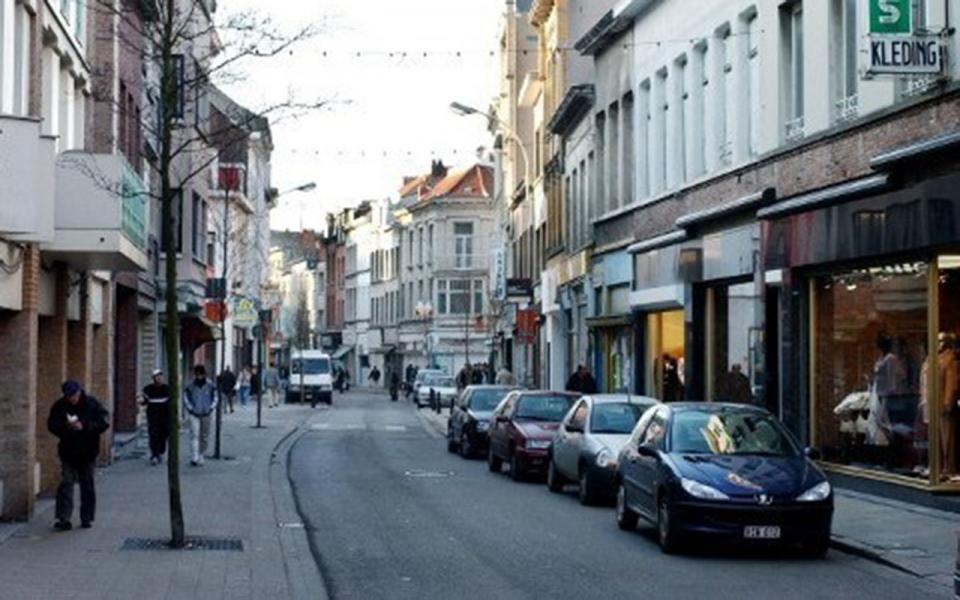Findings of most Romani research focus on the gap between Roma and European culture and structure. Discrimination, lack of integration and distance to the education system, health care and workforce have been studied widely (FRA 2016, De Hert e.a. 2012). It is generally accepted that Roma in Belgium are a disadvantaged group, susceptible to social exclusion (De Hert e.a. 2012; Wauters, Clyq & Timmermans 2012; Hemelsoet 2013). In Belgium, there is an estimated number of 30000 Roma, of which 10000 to 12000 are supposed to live in Flanders (European Commission 2011; Kruispunt Migratie–Integratie 2013). Research in Flanders shows that there is a gap between various Roma and social services (De Hert e.a. 2012; Hemelsoet 2013). This project uses a different perspective on Roma. Instead of looking for gaps (without ignoring their existence), the project focuses on stories of bridges, from a positive point of view. We focus on Roma who maintain a balance between their cultural heritage and family, and a belonging to the society they live in. What happened in their lives, in order for them to bridge or link?
Theories of social capital and quality of life (Schalock 1997) are used as frameworks to interpret the narratives. Special attention goes to gender and its consequences for social capital and quality of life definitions. In the next stage we will integrate ‘bridging and linking factors’ and insights on their definition of quality of life from the narratives into strategies for services, organizations and social care to strengthen Roma and look for ways to broaden life perspectives of (young) Roma and their families.
During the project, we have permanent attention for imaging, trust and distrust, risk of stigma and discrimination. We are aware of the complexity in reaching Roma for research and to assure access, we are able to build on former experiences and relationships in the field (Van Ceulebroeck&Holvoet 2014). Both research output (research report) and practice based output (database of narratives, online toolkit of strategies, exposition material to work on positive framing, a seminar) are generated.






